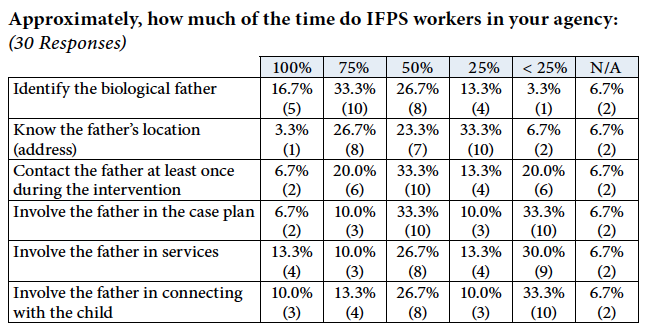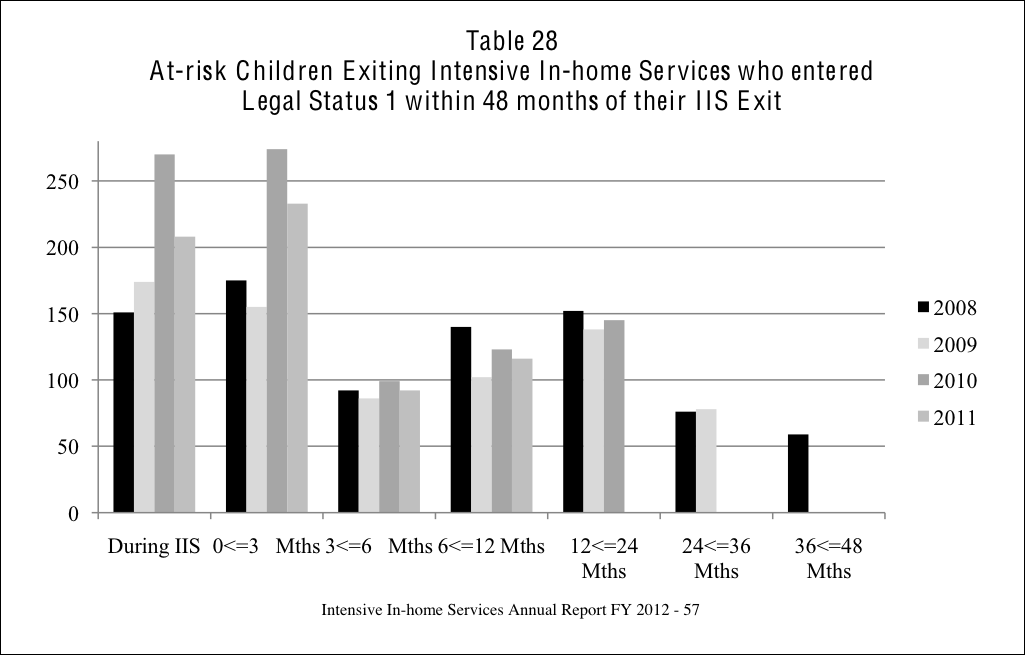The IFPS Coast to Coast Blog is almost four months old which seems like a good time to review our past, present, and future.
Let’s begin with our name: The IFPS Coast to Coast Blog wants to reach everyone interested in IFPS on the coasts and in between! We have an east coast coordinator, Moneefah Jackson, and a west coast coordinator, Peg Marckworth (me). We’re passionate about this model and curious about what people are doing and what important things are happening in the field.
Top Topics
During the past months, we’ve shared information and resources on many topics relevant to IFPS. You may have noticed that we often present topics as a series of two-three posts. This allows us to share more information and gives you more opportunity to comment.
Our most popular posts so far:
- Essential Components of IFPS Interventions
- IFPS Supervisor’s Expectations from Workers
- The Cost of Therapist Turnover: One Agency’s Experience
- 10 Things Supervisors Can Teach IFPS Workers to Avoid Burnout
For a complete list of all topics, see Categories and Archives in the sidebar.
Tell Us What You Think
We love your comments. One of the main purposes of this blog is to create conversations about each topic. This feedback provides additional information for readers and also inspires new topics! If you’re not sure how to comment, see How to Leave a Comment.
Spread The Word
We’re now extending our reach by linking the blog to other social media. You can follow us via e-mail (see “Follow This Blog” in the sidebar), Facebook, and Twitter. To learn how easy it is to share information from the blog with your colleagues, see How to Share a Post.
Share Your Wisdom
If you’d like to suggest a topic for a series, let us know!
Or, if you have a topic you’d like to write about, let’s talk about you being a guest blogger. We’d love to hear what’s happening in your program or state. And frankly, we do go on vacation, get preoccupied with other work responsibilities, and have writer’s blah!
Onward
Writing a weekly blog is challenging but we try to remember what Jim Collins, author of Good to Great, said: “Writing well is desperately difficult, and it never gets easier. Sometimes after toiling in a quagmire for dozens (or hundreds) of hours I throw the whole effort into the wastebasket and start with a blank page. When I sheepishly shared this wastebasket strategy with the great management writer Peter Drucker, he made me feel much better when he exclaimed, ‘Ah, that is immense progress!’ ”
What Makes It Worthwhile
Here’s one example: a colleague shared with us that he hates blogs but took the time to read ours. He liked what he saw and thought there were a lot of interesting topics. So he sent an e-mail inviting others to check out the IFPS Coast to Coast Blog. We couldn’t be more thrilled!
We look forward to continuing to share knowledge and expertise about IFPS and hearing what you think. Thank you for joining us, supporting us, and for all of your work on behalf of families.
_______________
Posted by Peg Marckworth




